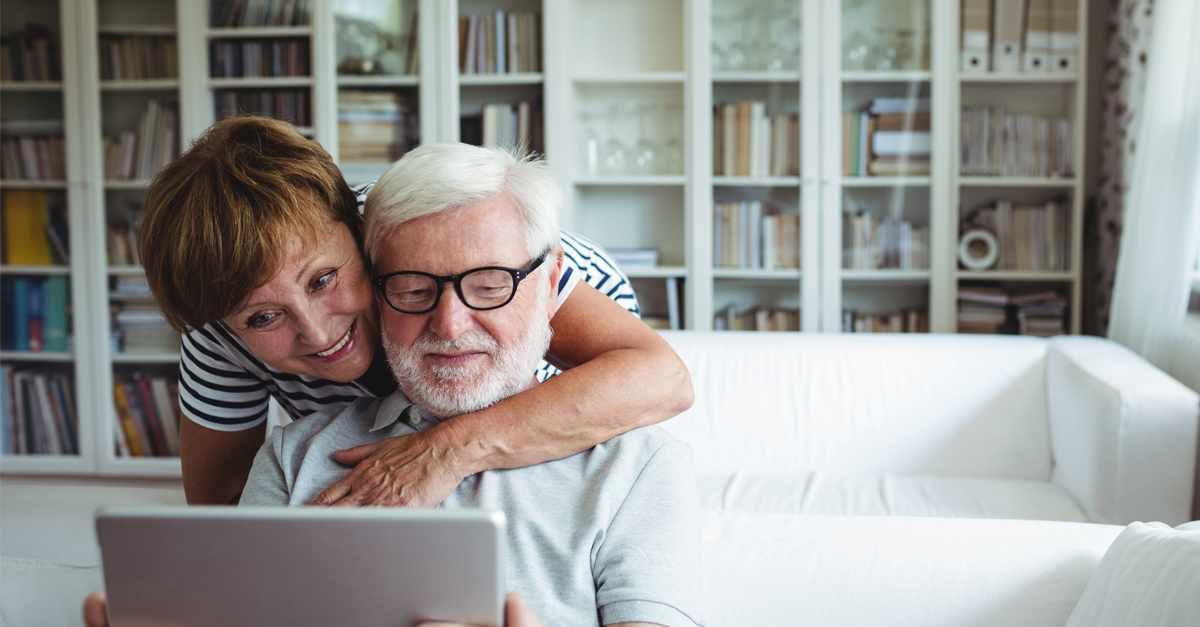Do you have a hard time not wanting to fall asleep while watching opera and you actually like watching opera? How about NASCAR? Have you lost that love you once had for driving, or even reading – or doing anything for that matter? One of the most unfortunate symptoms of sleep apnea is that it sucks the enjoyment out of life – mainly because you are just too tired to do anything. Watching fireworks? – No thanks. Going on vacation? – Not so much. However, a recent study has shown that continuous positive airways pressure, or CPAP treatment, can bring back your lust for life. In fact the results are staggering – all 50 patients observed over the course of six months in a hospital in Athens, Greece reported marked improvement in quality of life across a broad spectrum of activities. Patients were given nightly CPAP treatments for up to 4.5 hours and then after six months were given the Calgary Sleep Quality of Life Index, which is a sort of a questionnaire to quantify fluctuations in quality of life. Here are some of those results.

Sleepiness While Watching a Spectacle.
You can bet that a “spectacle” isn’t watching gladiators fight to the death (because how could you fall asleep during that?), but more of a modern spectacle, like a television series premier, sporting event, concert, or, yes, even an opera or ballet. According to the study, patients saw an incredible 96% improvement in their ability to enjoy the things we love to enjoy watching without wanting to conk out – all thanks to nightly CPAP treatments.
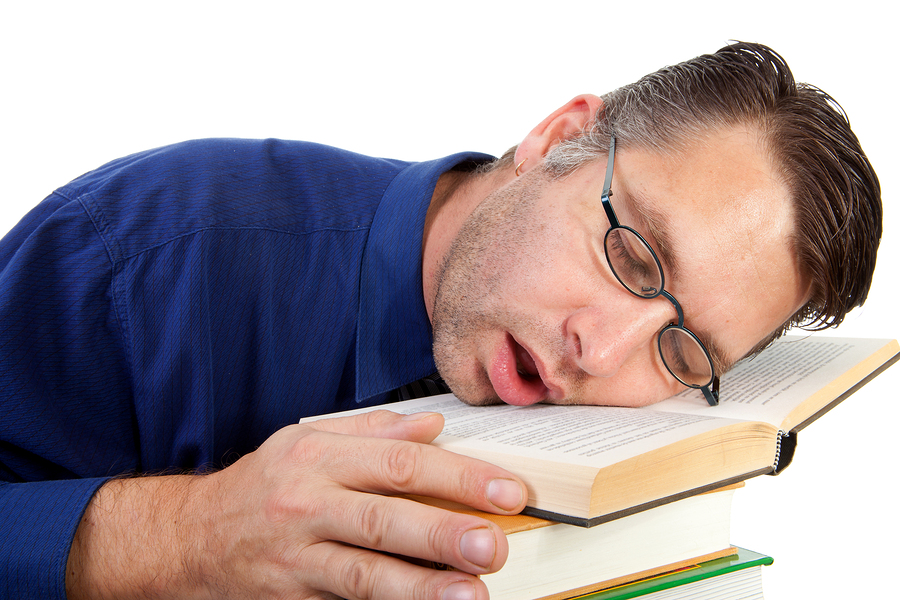
Reading.
This is a simple pleasure – the Sunday paper, that celebrity gossip mag, that book that always seems to find its way into your bathroom, that inflight magazine, 50 Shades of Grey – but people with sleep apnea have a hard time reading, usually because it is so hard to stay awake. After six months of nightly CPAP treatments, though, patients reported a 95% improvement in their ability to enjoy reading and staying awake while doing so.
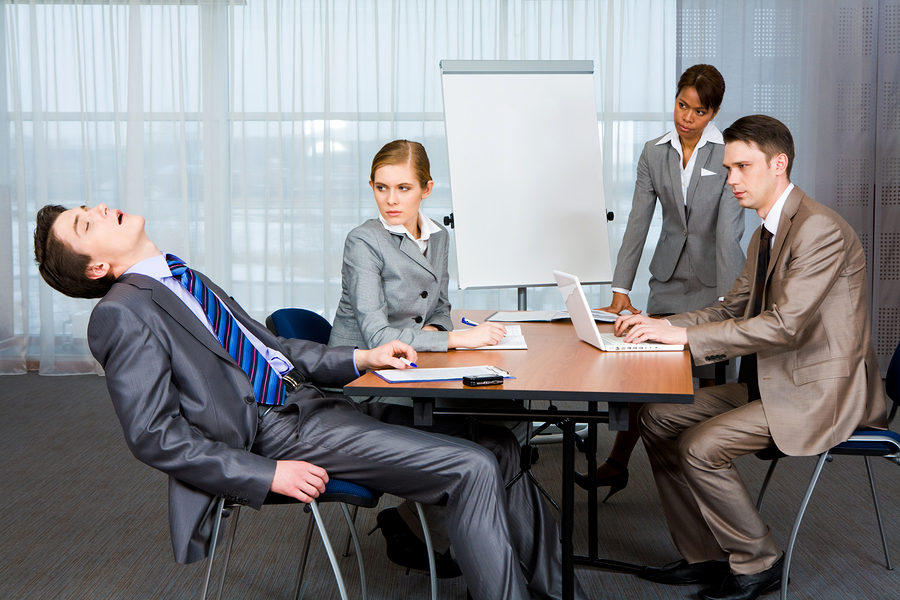
Carrying On a Conversation.
Ever fallen asleep while talking to a friend? A boss? If you have sleep apnea, chances are that it’s happened once or twice before. Sleep apnea can cause you to be so sleepy during the day that sometimes you can’t bear to make it through a conversation – or at least that might just be one of the most perfect excuses ever. However, with 4.5 hours a night of dedicated CPAP therapy, patients reported a drastic 95% improvement in being able to enjoy a conversation – no word, though, if they can still get through that convo with that dreadfully boring person at work.

Driving.
The independence of being able to drive is invaluable. Some of us drive to get to work, some of us drive for work and some of us like to get in the car after a long day of work, just to clear our heads. “Here in my car I feel safest of all,” Gary Numan sang in his 1979 song Cars. However, if you suffer from sleep apnea, driving can be a dangerous activity, especially if your sleeping disorder is causing extreme daytime fatigue. Yet, with dedicated CPAP treatment, patients reported a 92.9% increase in enjoyment in driving – mainly because they didn’t feel so drowsy behind the wheel.
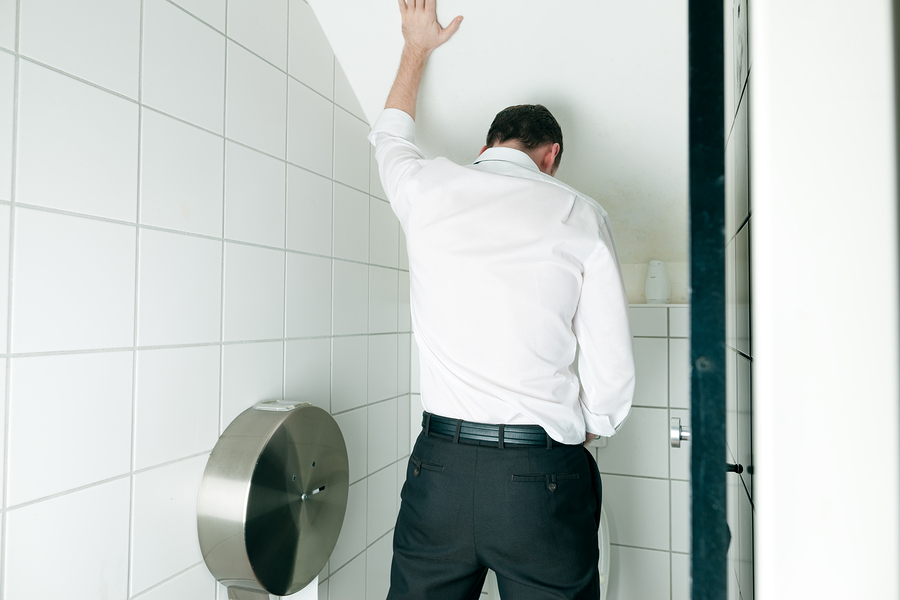
Urinating More Than Once Per Night.
Everyone with sleep apnea knows that getting up to urinate more than once in the middle of the night can be a regular and rather unwanted occurrence – sometimes it can feel like you go to the bathroom at night more than you do during the day. These frequents trips to the bathroom can result in worsening sleep disturbance and, subsequently, fatigue. However, with committed nightly CPAP treatments, patients reported an 84.8% improvement in frequent nighttime urination – that is, patients reported not having to urinate more than once per night, which surely means a much more restful night of sleep.
All and all, the study showed that regular, nightly CPAP treatments not only improved quality of life in patients’ ability to enjoy some of the most basic activities of leisure, but the study also showed improvement in other areas of life too. For instance, 87.8% reported improvements in restless sleep, 36.1% said that they have less occurrences of “dry mouth–throat upon awakening” – and “excessive fatigue” and “decreased energy” almost tie with 54.5% and 55.3% improvement. If CPAP treatments improved these patients’ quality of life, the only question you have to ask yourself is: will CPAP treatments improve your quality of life too?
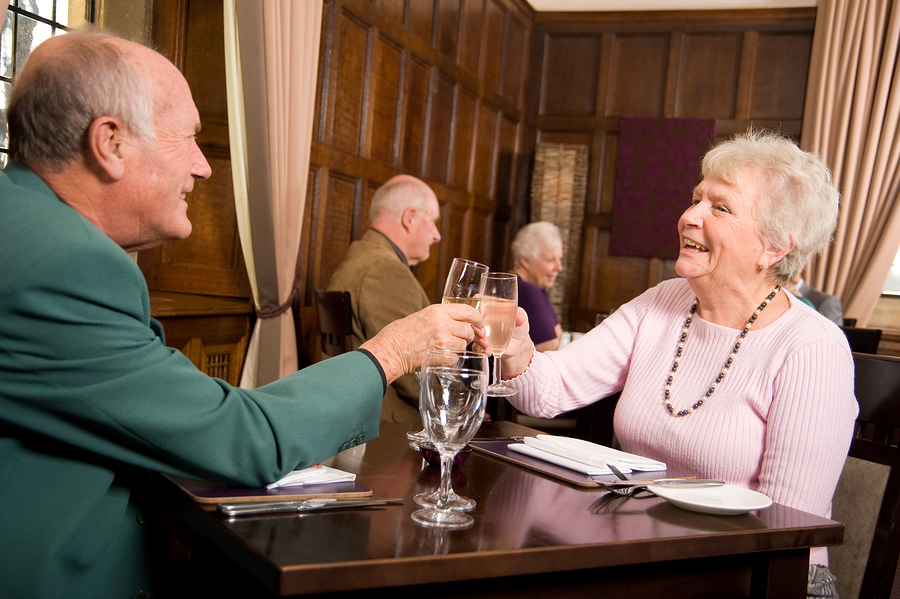
Source: American Thoracic Society. “CPAP improves daytime sleepiness even in patients with low levels of symptoms.” ScienceDaily. ScienceDaily, 15 May 2011.



